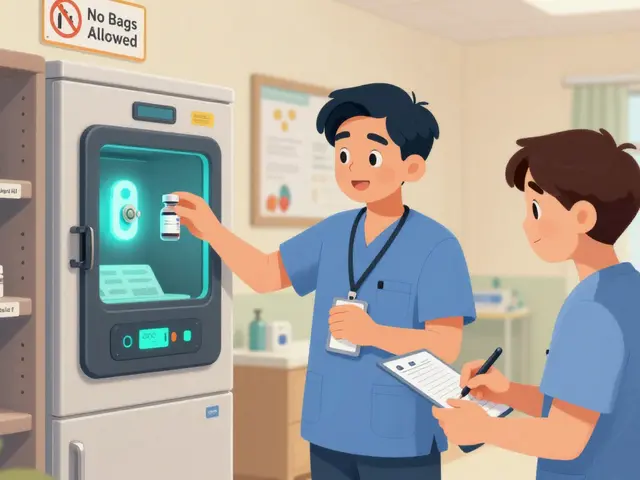
Coping Strategies: Simple Ways to Handle Stress and Stay Balanced
Feeling overwhelmed? You’re not alone. Most of us hit a rough patch now and then, but the good news is that you can pick up easy habits that make the pressure drop fast. Below are practical moves you can start using today.
Quick Coping Techniques
1. Breathe like a pro. Try a 4‑7‑8 rhythm: inhale for four seconds, hold for seven, exhale for eight. Do it three times and notice how your chest relaxes.
2. Move a little. A five‑minute walk, some light stretching, or even marching in place spikes endorphins and cuts tension. No need for a gym—just get the blood flowing.
3. Name the feeling. When anxiety sneaks up, say out loud, “I’m feeling anxious.” Labeling stops the emotion from running on autopilot and gives you room to choose how to act.
4. Mini‑reset break. Close your tabs, put your phone on silent, and stare at a blank wall for 30 seconds. Your brain gets a tiny reboot that steadies thoughts.
Building Long‑Term Resilience
1. Routine matters. Wake up, eat meals, and go to bed around the same time every day. Predictable patterns keep your body clock steady, which reduces mood swings.
2. Keep a gratitude log. Jot down three things you’re grateful for each night. Over weeks, this rewires the brain to spot positives faster than negatives.
3. Social fuel. Reach out to a friend or join an online group that shares your interests. Even a short chat releases oxytocin, the “feel‑good” hormone.
4. Learn something new. Pick up a hobby—cooking, sketching, coding. Mastery builds confidence and gives you a mental escape valve when stress piles up.
5. Limit info overload. Set specific times to check news or social media. Constant scrolling can flood your mind with worry; a schedule keeps it in check.
Putting these steps together creates a toolbox that works for both sudden spikes and everyday stress. Try one quick technique when you feel the pressure rise, then add a long‑term habit each week. The more tools you have, the easier it is to stay steady.
If you’re looking for deeper help—like therapy options or medication advice—our tag archive includes articles on mental health meds and professional resources that fit into your coping plan.
-
7 May






